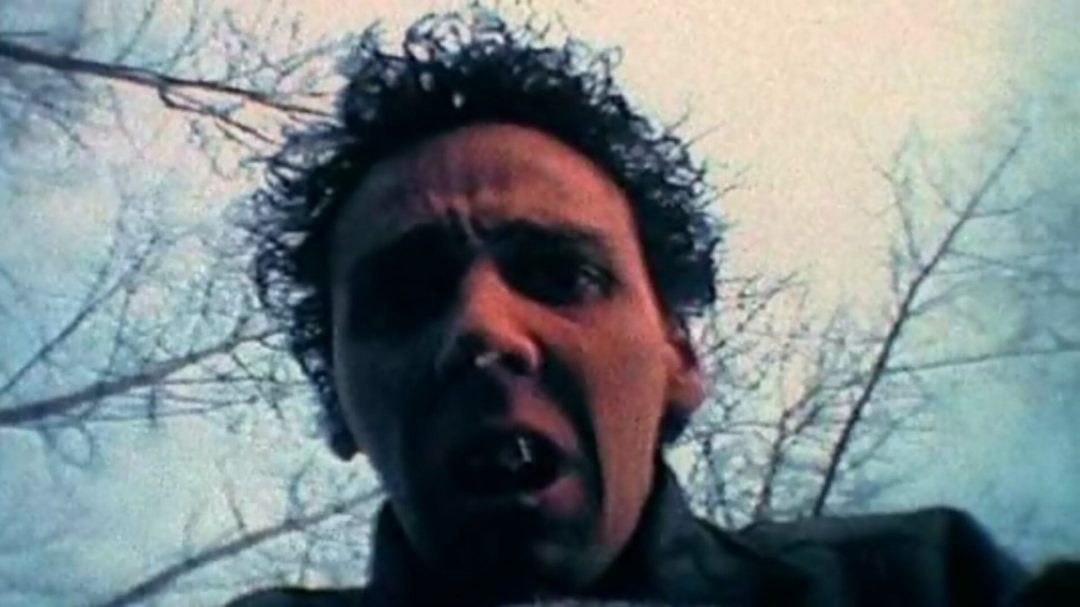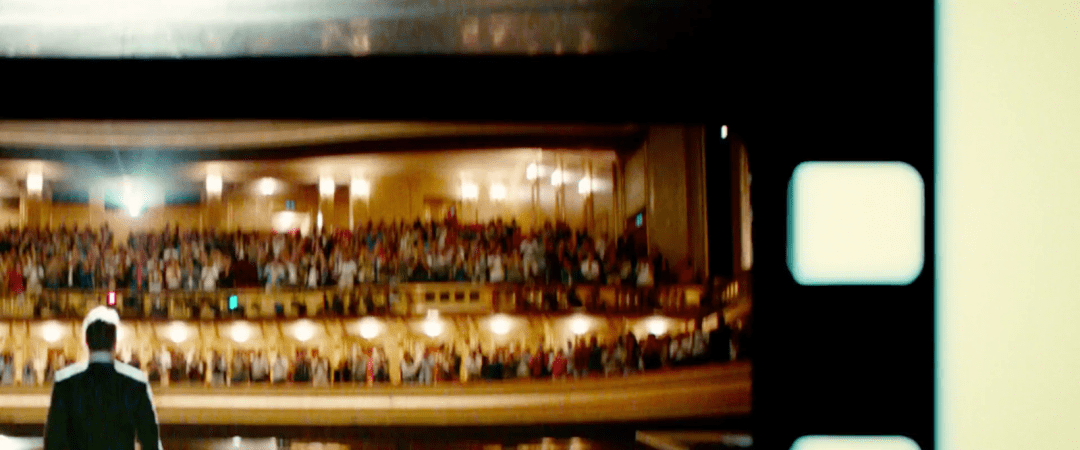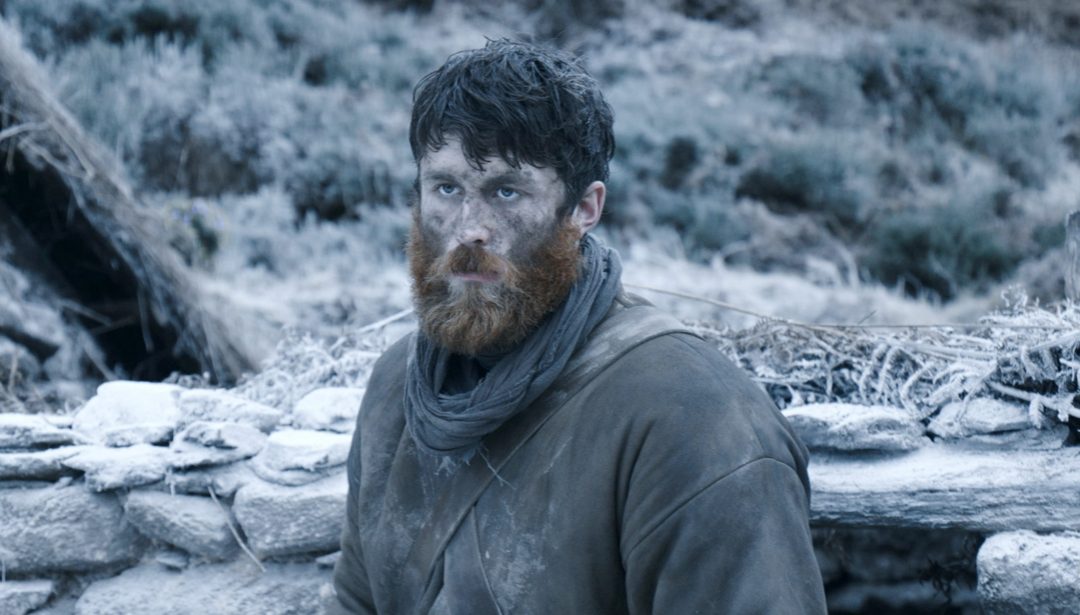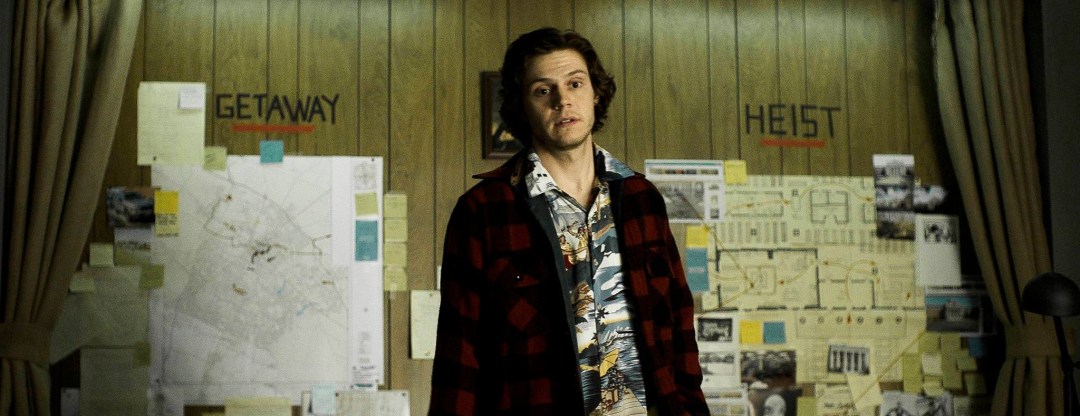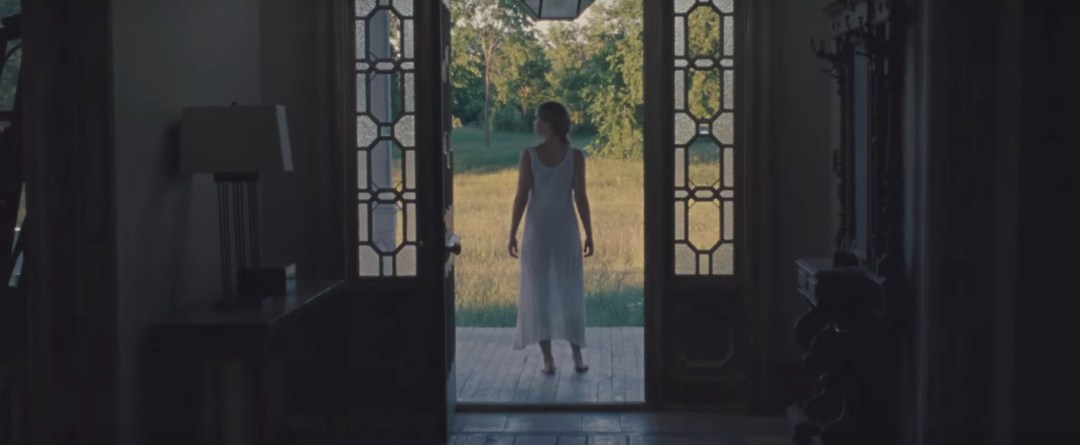“I don’t know how much movies should entertain. To me, I’m always interested in movies that scar.”
David Fincher, interviewed by Mark Salisbury in Empire, February 1996
The first Harmony Korine film I saw was Spring Breakers, because Dean made me watch it for our podcast, The Sundae Presents. I did not like Spring Breakers, but in a way where saying whether I liked it or not seems like such a gross simplification that it becomes a lie. While watching it, I found what was great and awful about it impossible to parse, and from a distance, I mostly think of it as an epic troll – a movie whose existence is a joke despite it containing zero jokes. I remember the boring parts more than the unpleasantness that felt so visceral at the time.
Julien Donkey-Boy has not come out in the wash that way. I can feel its viscerality still wriggling in my blood. Korine’s sophomore directional outing, Julien Donkey-Boy is the sixth Dogme 95 film – it’s got the certificate and everything – though less because it strictly follows the Dogme 95 rules (no “superficial action,” no non-diegetic sound, only natural lighting, only handheld cameras) and more because what the hell else could it be? It is, at once, a family drama and totally outside the bounds of mainstream filmmaking. And since there are Dogme 95 movies that are both these things, fuck it, this one is too.
Continue reading “You Should (Not) Watch Julien Donkey-Boy”